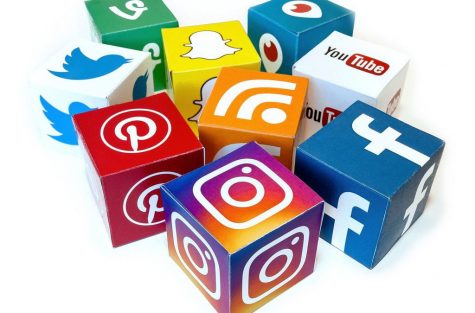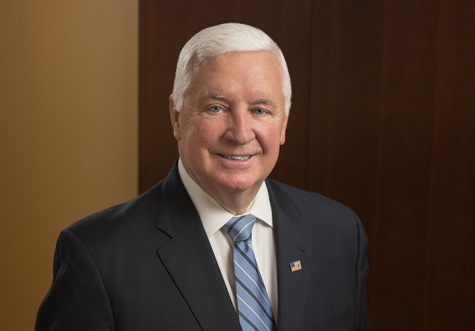Social media drains your happiness and confidence
November 5, 2020
Teenagers are obsessed with it. Celebrities promote themselves with it. News is spread through it. Without a doubt, social media has taken over as the main information driver of the 21st century. But what is social media doing to people’s mental health?
Ironically, the discussion of mental health has not surfaced until more recently, as the popularity of social media has grown. Perhaps this is the reflection of the impact it can have on the mind of a person.
Growing up with the ability to post a picture or easily communicate with your friends at your fingertips undoubtedly has its perks, but it’s not that simple. Beneath what seems to be an everyday convenience lies the dark truth about social media.
A common pitfall for girls on social media is the comparison effect that seems to be inherent with it.
“There’s certain expectations [on social media], especially for girls. You have to have a certain body, or certain outfits. The standards are too high and sometimes it brings down your confidence and esteem,” junior Josie Fath said.
She isn’t the only one who feels this way; junior Melanie Celender had similar thoughts.
“When I’m on social media, I compare myself and my life to other people a lot. That’s probably the number one thing because everything on social media is fake, but it all looks very real and in your mind you can make it so real. It’s like ‘what am I doing wrong?’”
Society tends to stereotype teenage girls into being obsessed with social media, and some girls do find it hard to pull themselves away from their phones to hold a conversation or pay attention to more important topics when indulging into the social media world.
“Social media takes my attention away from everything going on around me. It is hard to focus on anything else,” said Cate Gordon, junior in high school.
Sometimes, it is hard to see other people seem really happy when I’m not feeling happy.
— Olivia Ober
However, the exposure to social media has the same effect on teenage boys as well.
“Social media has caused more stress for me because I would be on it when I should be doing my schoolwork. Then, I end up getting my work done at the last minute,” junior Noah Gabriel said.
Despite that, teenagers admitted it would be hard to delete all of their social media platforms. Gabriel reluctantly expressed how it would be “weird not talking to people everyday on Snapchat,” but ultimately feels he could “get used to using just text.” Gordon, on the other hand, doubts she would be able to cut herself off completely from the social media world.
“At this point, I am addicted. It is just part of my routine,” Gordon said.
If it’s difficult for high schoolers, imagine the impact on even younger kids. Olivia Ober, 13 years old, downloaded her first social media app when she was 10 years old.
“Sometimes, it is hard to see other people seem really happy when I’m not feeling happy,” Ober said.
Girls like Ober in their adolescent years are already going through enough. Social media causes this added stress to be “more popular” by getting the most followers or the most likes. It also can make you feel left out when others seem to be having a lot more fun. Teenagers are already insecure and still learning about themselves. Social media creates another level of pressure on these young people.
Social media is a distraction that has the ability to destroy your confidence and your happiness. So what is the obsession with it? Why do we keep knowingly demoting ourselves to levels of utter depression? Well, maybe it’s not all bad. There has to be some good from social media, right?
The reason social media exists isn’t to create unattainable body images or promote insecurity. Those are merely unfortunate side effects to a much bigger picture.














